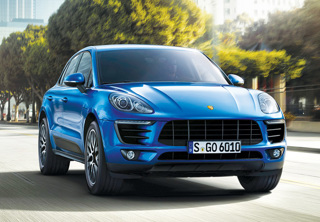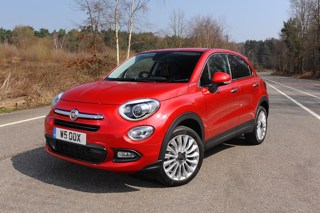A landmark ruling that could see cities across Germany ban older diesel-fuelled vehicles from their streets could be set to impact manufacturing and used car residual values in the country.
The Federal Administrative Court in Leipzig ruled yesterday (February 27) that the cities of Stuttgart and Duesseldorf could legally ban more polluting diesel from pollution-hit parts of the city.
Thomas Goettle, global head of automotive at London-based PA Consulting Group, said that the ruling would have a profound effect on the “attractiveness of owning a diesel” and would impact residual values which had so far remained stable.
He said that diesel cars “will fall even further in the eyes of consumers and the resale value for used diesel cars will also take a big hit”.
“In Germany, petrol cars have held steady at 56% of their retail value after three years and 15,000-20,000 km annually, while diesel has dropped from 56% Jan 2017 to 53% Nov 2017,” said Goettle.
“After this monumental court ruling, demand for current diesel engines in new cars will decline faster in Germany to below 30% market share in 2018.”
Goettle said that the move could also prompt a “complete withdrawal from diesel car manufacturing altogether”, adding: “Looking ahead, it could mean full power for mild and full hybrids and plug-in hybrids as well as preparing for full electric vehicles. From 2020 onwards, we could see entire fleets going fully electric.”
Yesterday’s ruling by Germany’s top federal court came after German states had appealed against bans imposed by local courts in Stuttgart and Duesseldorf, reported the BBC.
The environmental group DUH brought the cases after about 70 German cities exceeded European Union limits for nitrogen oxides (NOx) last year.
Many European cities have already announced plans to ban diesel cars from their streets.
Paris, Madrid, Mexico City and Athens have said they plan to ban diesel vehicles by 2025, while the mayor of Copenhagen wants to ban new diesel cars from entering the city as soon as next year.


















Login to comment
Comments
No comments have been made yet.